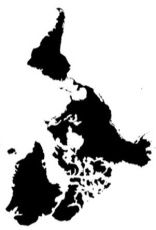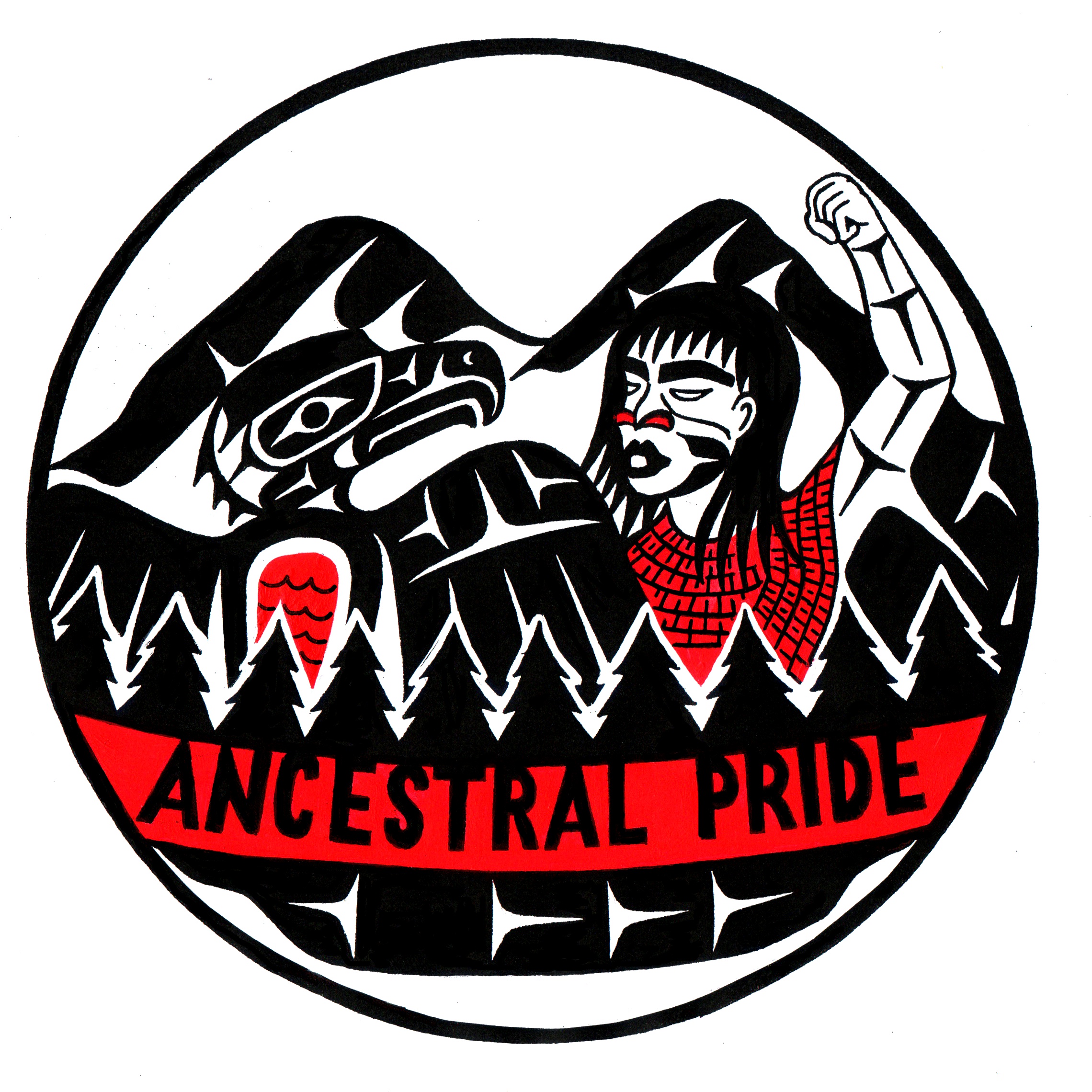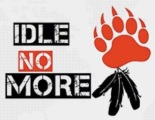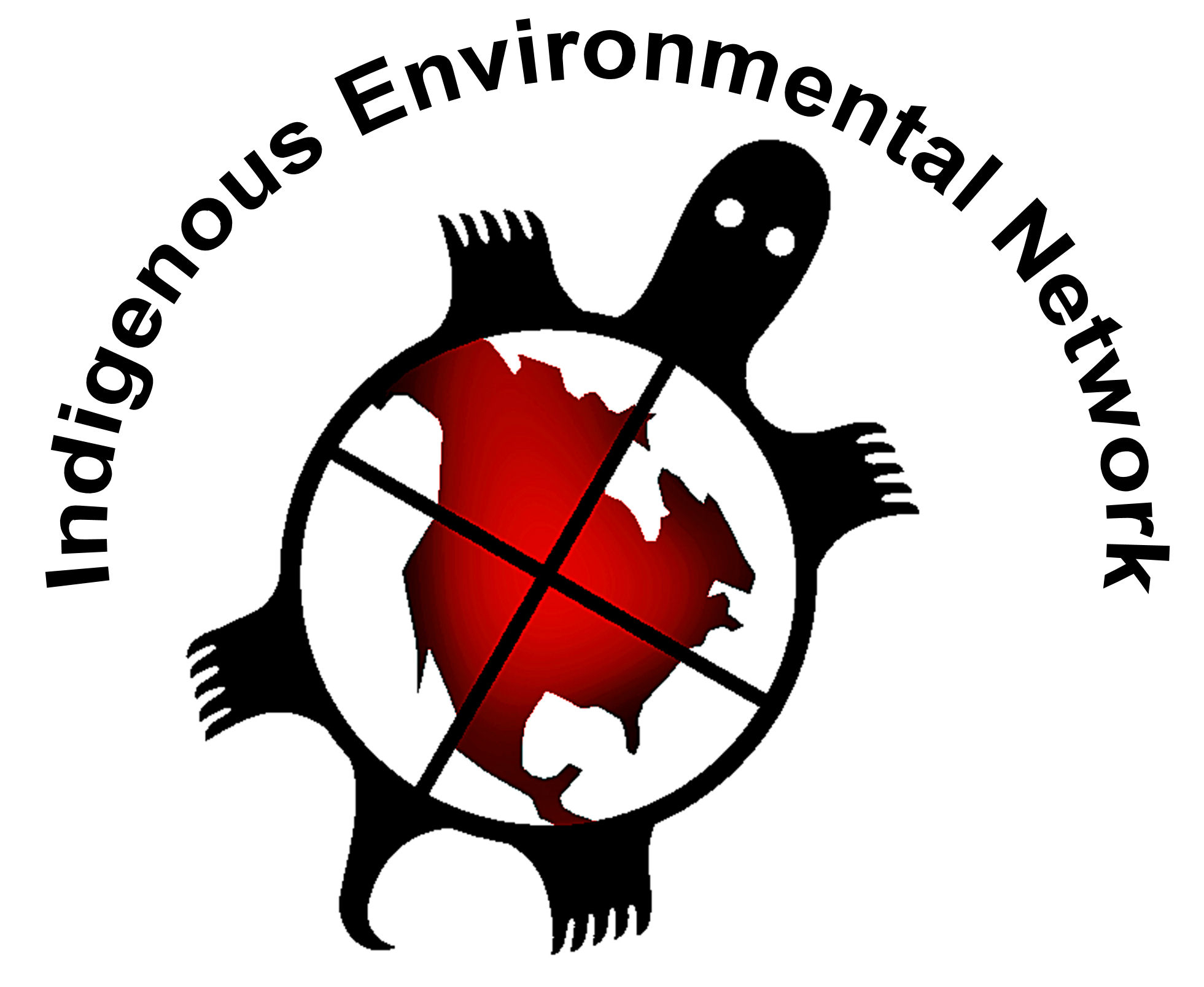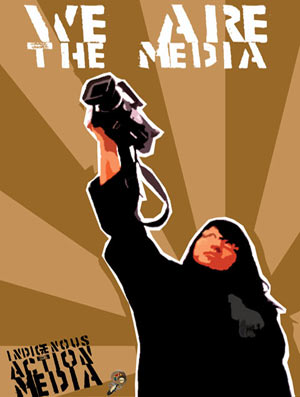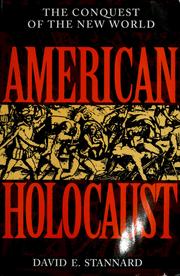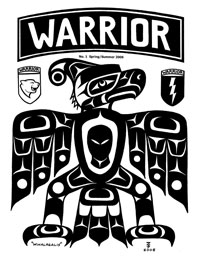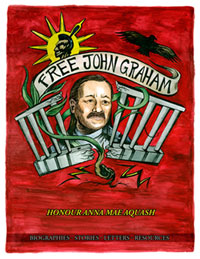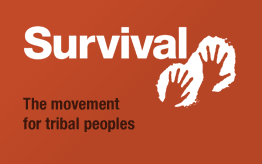 Compiled and Edited by Mankh (Walter E. Harris III)
Compiled and Edited by Mankh (Walter E. Harris III)
“Easy,” she said. “You got to have patience. Why, Tom—us people will go on livin’ when all them people is gone. Why, Tom, we’re the people that live. They ain’t gonna wipe us out. Why, we’re the people—we go on…
“…we keep a-comin’. Don’t you fret none, Tom. A different time’s comin’. ”
—Ma Joad to her son Tom, from The Grapes of Wrath, by John Steinbeck
“If you have come to help me, you are wasting your time.
But if you have come because your liberation is bound up
with mine, then let us work together.”
—attributed to Lilla Watson, yet probably from a collective process of Aboriginal activists’ groups, Queensland, Australia, 1970s
Introduction
Hearty thanks to all the wonderful People who wrote the prose & poetry that, assembled, make this an anthology reflecting both the work of the individual as well as the group. The Global People’s Movement or Global Revolution, call it what you will, provides the focal point that brought each piece of this anthology jigsaw puzzle together.
There ought to be another word for “jigsaw puzzle,” though, because when all the pieces fit together, it is no longer a puzzle, rather a whole, One Piece — an apt metaphor for what is going on with the world and why this book was put together: to help make people and situations whole, again. (Remember, before there was a world-puzzle, there was One Peace.)
As the title suggests, there is an “Occupy Movement” (begun with Occupy Wall Street) that has stirred the so-called American melting pot from its backburner state. Suddenly, things are cooking and more and more People are getting a whiff of the spirited air. Yet, from the perspective of the First Nations or Natives, the land has been unjustly occupied since 1492. Indigenous Peoples around the globe are dealing with similar issues. Hence, “Unoccupy Movement.”
“Autonomy of Consciousness” is meant to encourage the awareness that: each person has the ability to be self-guided, to keep one’s consciousness unfettered, keep one’s lifestyle from being unwittingly dominated by outside forces — even if some of one’s physical conditions are fettered . . . thus, “Practical Solutions.”
“Human Equality” does not mean that everyone has to have the exact same things (sharing would solve a lot of problems), or be exactly the same, rather, that all People have equal access to, at the very least, the basic necessities of food, water, clothing, and shelter. Also, that there be respect for the ‘divine nature’ common to all human beings. Knowing that every piece, no matter how oddly shaped, is part of the whole, is reason enough to treat others fairly.
While this anthology deals with timely subject matter, addressing conditions needing fixed yesterday, it is hoped that there are also long-lasting tips for improving People’s lives as well as the Earth’s life, because they, or really, we, are deeply intertwined!
What you are about to read reflects a mere facet of the multitudinous organizations and People working to improve world conditions, whether by gathering, protesting, problem-solving, meditating, and so on.
To this editor’s knowledge there is no official name for the overall “Movement,” and may never be, because, like the Tao, being both far and inwardly reaching… it cannot be named.
May the words herein, and what is between the lines, reach you on some inner level as well as encourage you to reach out. And since this is about a “Movement,” may you be emotionally moved as well as moved to take action.
—Mankh (Walter E. Harris III) – Editor
January 2012
Contributors include:
Austin Aoyagi; Dr. David B. Axelrod – Suffolk County, Long Island’s Poet Laureate from 2007-2009; Ghada Chehade; Tiokasin Ghosthorse – host of First Voices Indigenous Radio; Stacey Gunnard; Arya F. Jenkins ~ Tibetan Buddhist practitioner; Derrick Jensen, Lierre Keith, and Aric McBay of DeepGreenResistance; Jordan Krais; Maria Manobianco; A. Molotkov; Glenn T. Morris (Shawnee); Onan Musoy; Steven Newcomb (Shawnee/Lenape); Kaveri Patel; Ruth Sabath Rosenthal; Robert Savino; J R Turek; Waziyatawin (Dakota).
Turtle Island series # 4
Excerpt rom talk/essay by Waziyatawin:
I am Waziyatawin and I am a Dakota woman from Pezihutazizi K’api Makoce, or Land Where They Dig for Yellow Medicine. In English that place is called the Upper Sioux Reservation and it’s located in southwestern Minnesota. Before I begin my version of the talk today I just want to acknowledge that we are on Indigenous land. This land is already under occupation. And I want to acknowledge the Ohlone people, whose land this is.
I am here today to tell you that I share your rage. I’m here to tell you that I share your frustration. I am here to tell you that I share your disgust in a government that places profits above people, corporate interests above humanity’s interest, and exploitation over life.
Today I am here as an Indigenous woman to support your movement. And, I am here to tell you as an Indigenous woman that the roots of your pain and mine are the same. It is my hope that you will use this opportunity to understand some deeper truths about that nature of the problems we are all up against. Since September 17th, Americans have taken to the streets to protest corporate greed, economic inequality, and to oppose what has become an increasingly fascist state. Occupy protestors around the country, and indeed, around the globe have labeled themselves the 99%, in contrast to the wealthy elites who continue to build wealth on the backs of masses. But, the crises we are facing run much deeper than the economic inequality you are experiencing today. They reach back to the very foundations upon which this country was founded.
They reach back to the imperial roots of conquest, rape and plunder. As one protest sign proclaimed: The system isn’t broken, it was built this way.
Kindness
~ Kaveri Patel
What if there were no wars
and we were all good friends?
We’d still build fences and
lock our cars, maybe even get
angry and swear at one another.
But I’d remember your pain,
the way your cheeks tasted
as the sea inside me
moved to surround you —
an island in my arms.
You’d manage a small smile,
a crescent moon holding all
your darkness till the sun
rose again and you let yourself
feel the warmth around you.
What if there were no wars
and we were all good friends?
You’d remember that hug,
an island becoming a nation as
you opened your arms to another.
Excerpt from Glenn T. Morris’ “An Indigenous Platform Proposal for ‘Occupy Denver’”:
As Indigenous peoples, we welcome the awakening of those who are relatively new to our homeland. We are thankful, and rejoice, for the emergence of a movement that is mindful of its place in the environment, that seeks economic and social justice, that strives for an end to oppression in all its forms, that demands an adequate standard of food, employment, shelter and health care for all, and that calls for envisioning a new, respectful and honorable society. We have been waiting for 519 years for such a movement, ever since that fateful day in October, 1492, when a different worldview arrived – one of greed, hierarchy, destruction and genocide…..
8. To recognize that the settler state boundaries in the Americas are colonial fabrications that should not limit or restrict the ability of Indigenous peoples to travel freely, without inhibition or restriction, throughout the Americas. This is especially true for Indigenous nations whose people and territories have been separated by the acts of settler states that established international borders without the free, prior and informed consent of the Indigenous peoples
Excerpt from talk/essay by Lierre Keith:
Capitalism takes living creatures and their homes, it declares them private property, it turns them into dead commodities and then accumulates those commodities into wealth. It’s a pyramid scheme of death. The Occupy Movement—okay, let’s try it—the Resistance Movement, the Rise Up Movement—has staked a claim on being the 99 percent. I think that’s self-evident. Capitalism is the 1 percent taking from the 99 percent. Now add this. 98 percent of the world’s old growth forests are gone. 99 percent of the prairies are gone. That means 99 percent of the pasque flowers, 99 percent of the prairie dogs, 99 percent of the bison. The wealth is created from their dead bodies. The point isn’t to distribute that wealth—the point is to stop the death.
Excerpt from talk/essay by Derrick Jensen:
You can ask, then, if this means that I am calling for the overthrow of the United States government, to which I will respond that this question comes far, far, far too late. For the government was long since overthrown, and those who overthrew it are known as ExxonMobil, British Petroleum, Halliburton, Monsanto, ADM, WalMart, Massey Coal, Goldman Sachs, Citibank. They are the real governors, and the United States government is a wholly-owned subsidiary, brought to you by McDonald’s, Pfizer, and Lockheed Martin…..
Earlier I thanked you for being here. But I want to be clear that my gratitude does not extend to all of you. And I wish to now speak to the exceptions.
I have a different message for the police, which is this: there have been scores and then hundreds and then thousands of accounts of Egyptian and Syrian police and military personnel who not only refused to attack protestors but who joined them.
I have heard only one account of police officers in the United States who have refused to do violence to—to assault, to attack, to arrest—American citizens: it was in Albany, New York. Let’s be clear about what this means: with the exception of police in Albany, New York, I have yet to hear of a single police officer in the United States who has had the courage and the integrity to do what so many in Egypt and Syria have done. Let me ask it this way, of the police: How does it feel to be more repressive, less courageous, and to have less integrity and honor than security forces in open military dictatorships?
Let’s all think on that.
We Are the Ones
~ Ghada Chehade
This global recession… This new and creeping… economic…
depression
Is but a symptommm… of the systemmm… tearing at the seams
A system that has fed on oppression, and was built on human
dreams… is finally, but slowly, coming to its knees
It is the beginning of the end; but the end is A beginning;
their end is our beginning… and proof that humanity is winning
For while they might bail out the banks, you can’t bail out on
des-tin-yyy… they owe a debt to human his-tor-yyy… and we will
collect on all our misery…
You see; as the economy falls… the people must rise…
So I’d like to use my voice, to present you with a choice:
Do we want a world of misery, or an existence lived in har-mon-y?
It must be one or the other, do you hear me my brother…
For they cannot co-exist… And our choice it comes to this: unite…
or cease… to exist!
There is no messiah coming to our rescue. The answer is and has
always beeeen…YOU–and the stranger sitting next to you,
and the power of what people can do
So look no further than you… united with a few, because one and one makes two, and two and two make four… till we have many billion more!
Yes, WE ARE THE ONES WE HAVE BEEN WAITING FOR
For you are another me — the same fruit from one cosmic tree,
you see
Because unity is the universe’s gift… and once we reach it…
there’ll be a global con-scious-ness shift.
A new-world with a higher frequency…with no war, and love–
the new international currency…..
Forgive my sense of urgency, but there are still so many to reach,
so excuse me– if I preach…
About love and strength and unity
About resistance… and endurance… and serenity
About our common human family, who will unite and return
to harmony…
About a permanent end to war…
Yes, WE are the ones we have been waiting for
And so I weep these tears of ink in hopes that I have made you
think…Think of a time before you knew. When your spirit was
shapeless and your soul flew…
Into the souls of all the others…. into the minds of your sisters,
and the hearts of your brothers
Think of the connection you felt with ev-er-y-thing… before
words divided us into slaves……. or kings
And now think of the peace we can have forevermore…
Yes, WE are the ones we have been waiting FOR
For you see, salvation is not in the heavens… but comes from
within our common core… yes, WE are the ones we have been
waiting for!
WE are the ones…Yes, we are the ones…..
![]() At the Cloud Gardens GA last night, 70 OT members passed a significant proposal (with 100% consensus – 90% was not needed) regarding the decolonization of Occupy Toronto. Below is proposal in full with amendments from GA as well. The document is a living document, if you would like to add to the document, please contact the anti-oppression committee through the new GA.
At the Cloud Gardens GA last night, 70 OT members passed a significant proposal (with 100% consensus – 90% was not needed) regarding the decolonization of Occupy Toronto. Below is proposal in full with amendments from GA as well. The document is a living document, if you would like to add to the document, please contact the anti-oppression committee through the new GA.

















